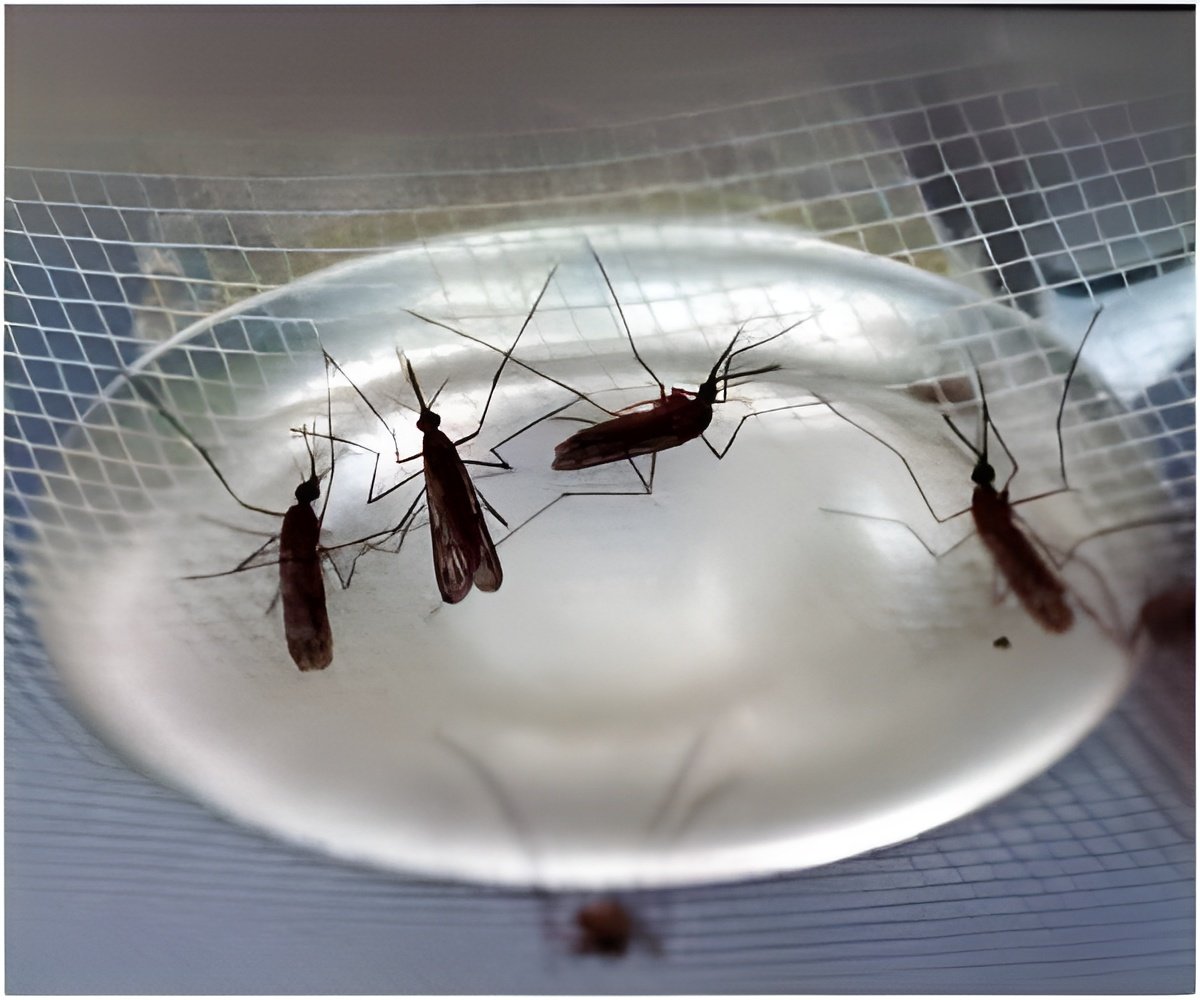
Furthermore, total eradication of malaria may not be necessary before countries that eliminate the disease within their own borders can rely on their health systems to control cases.
"Our research identified a number of changes that could explain the stability of malaria elimination. The key for us now is to determine whether elimination caused some of these changes, and to identify other countries where elimination could become a stable endpoint," the study's senior author, David Smith, PhD, MS, professor in the Department of Epidemiology and the Malaria Research Institute at the Johns Hopkins Bloomberg School of Public Health said.
For the analysis, the researchers examined outcomes of the Global Malaria Eradication Programme, with activities starting in the late 1940s.
When the program was defunded in 1969, the majority of countries that had achieved elimination stayed that way, while most countries that did not eliminate the disease continue to battle malaria today.
The study analyzed data from countries that eliminated malaria, describing nearly a quarter of a million imported malaria cases-usually acquired during travel-compared with only about five thousand malaria cases transmitted in-country. Malaria transmission in elimination countries is rare today.
Advertisement
Among the reasons, researchers question whether economic development spurs a reduction in malaria transmission, independent of disease control measures, or if economic development is a byproduct of reduced illness from malaria.
Advertisement
The study is published in the journal Science.
Source-ANI









